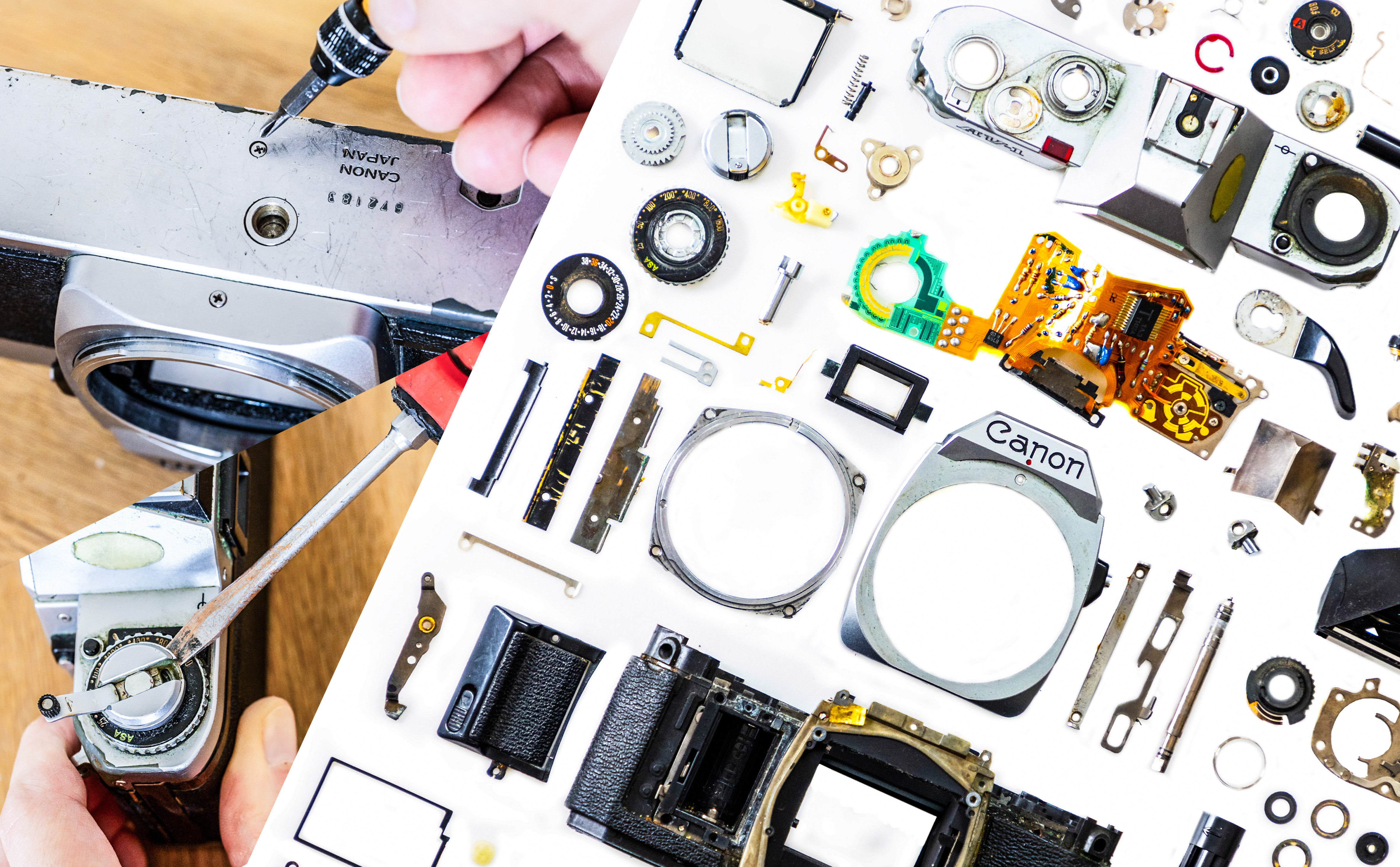What is the real impact of AI on photography? A new book explores how our relationship with images has changed forever
Whether you are for or against AI there is no doubt that it has changed photography. The new book 'The Synthetic Eye: Photography Transformed in the Age of AI' by Fred Ritchin explains how
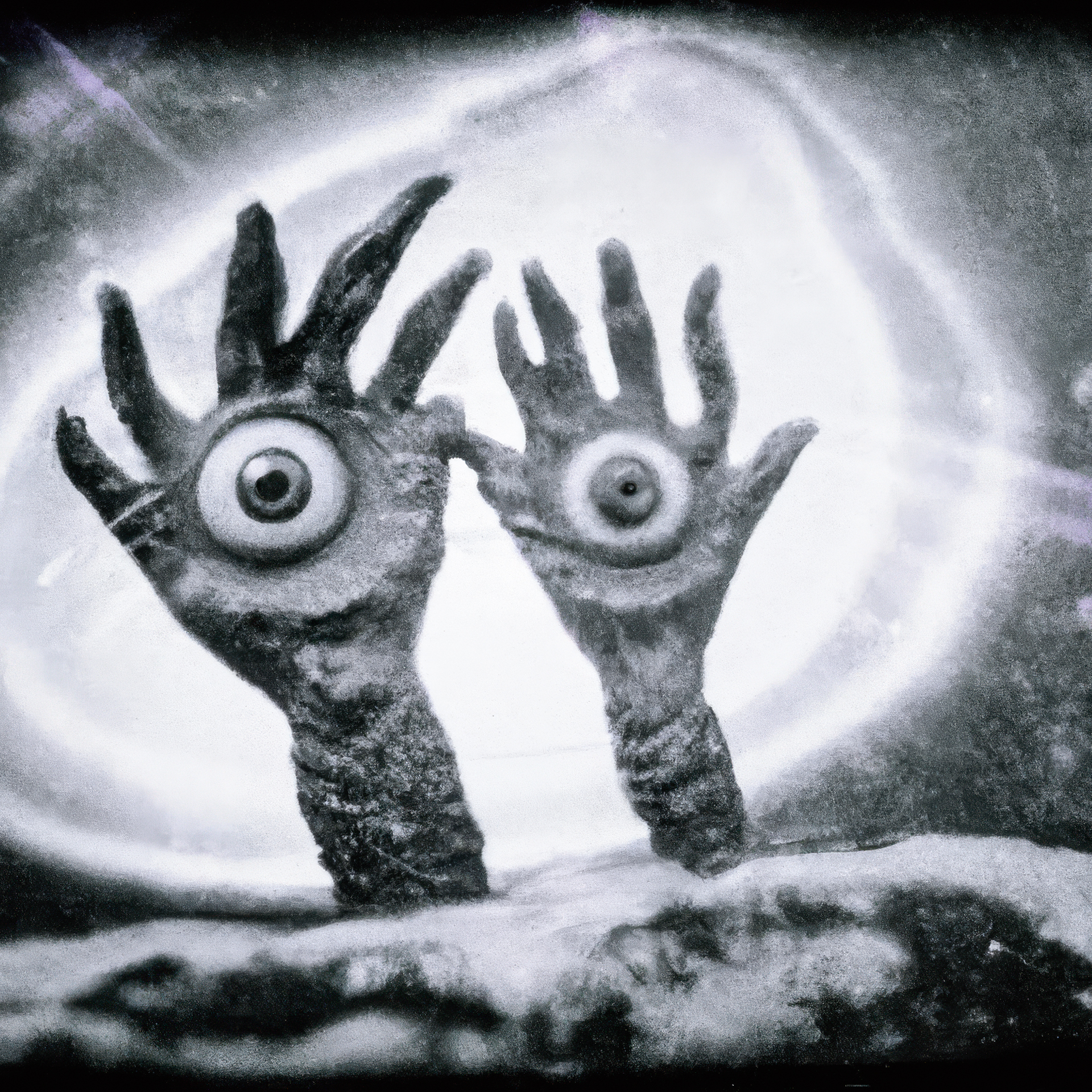
AI is a hot topic in the world of tech, especially when it comes to image making, with generators now able to create lifelike images with a prompt. The Synthetic Eye: Photography Transformed in the Age of AI by Fred Ritchin explores how AI has fundamentally changed the photography landscape, transforming our sense of the 'real, the possible, and the actual'.
Published by Thames & Hudson, this new release arrives at a crucial moment in visual media, offering an insightful examination of the future of photography, one where the very nature of how we interact with images has changed forever. But then again, hasn't all this happened before?
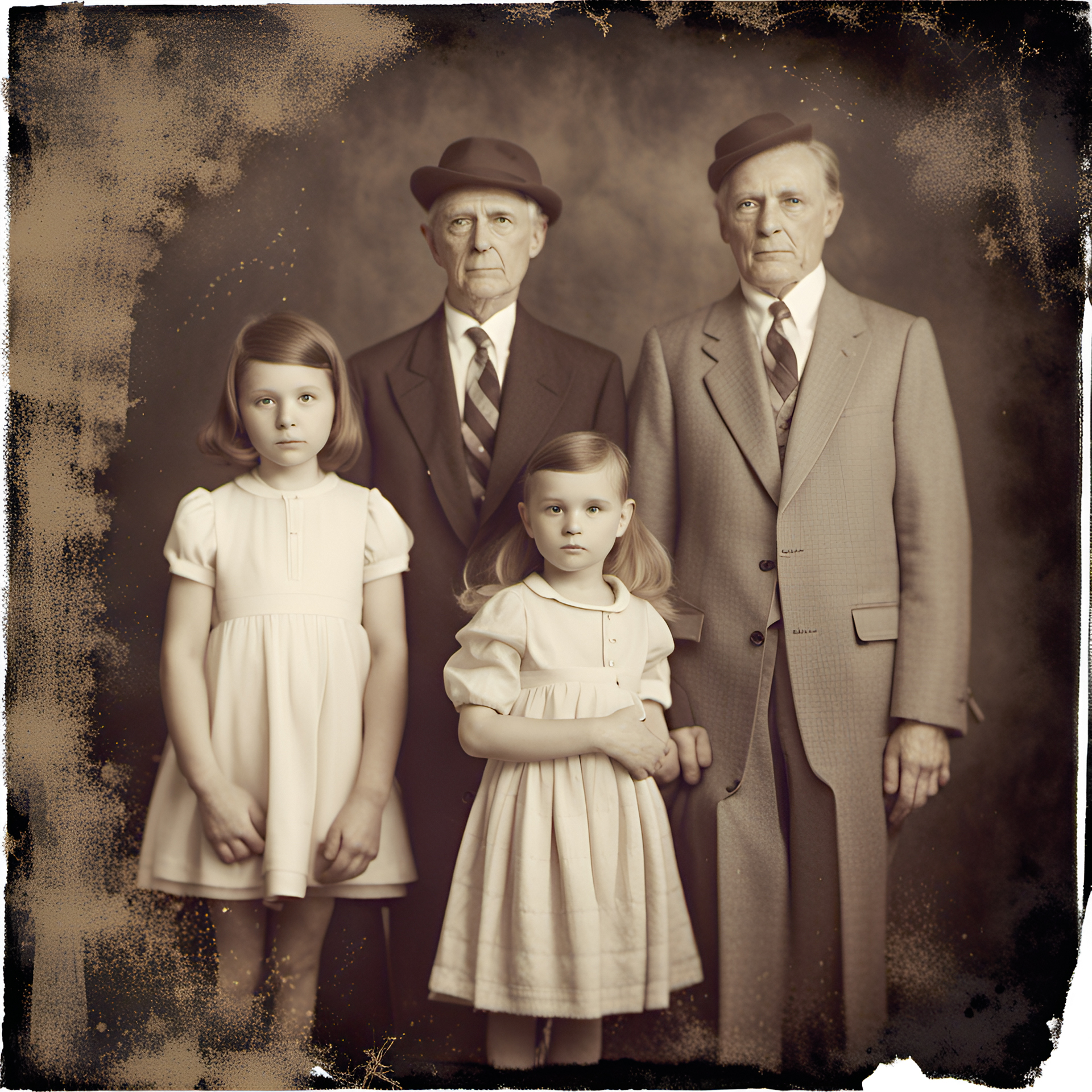
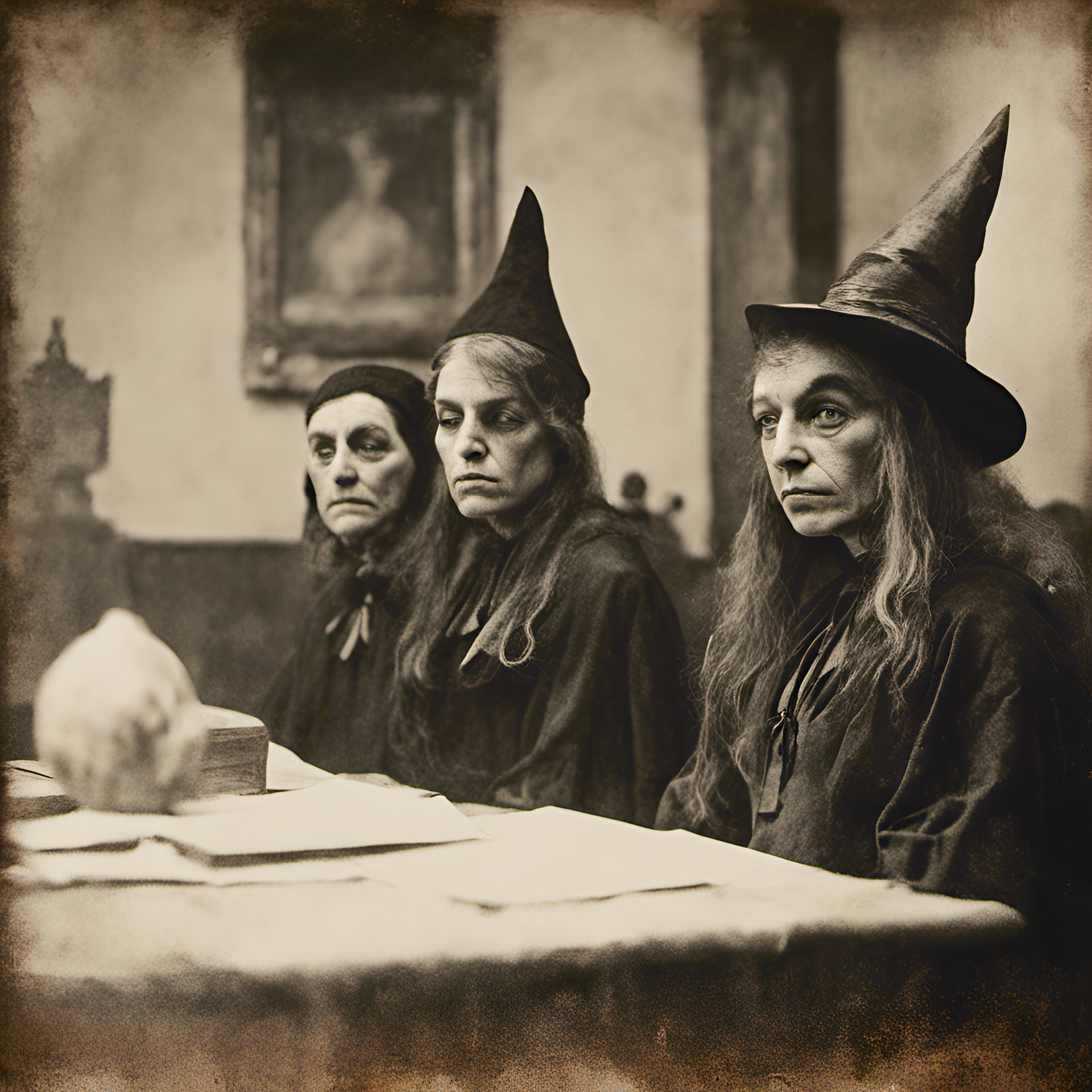
AI's monumental uprising has played a significant impact on photography, and more importantly, the definition of what a photograph is. The Synthetic Eye takes an analytical look at photography and its relationship with 'synthetic images', through chapters exploring the shifting paradigms of imagery, the relevance of photography, and how histories are being transformed.
The 'Histories Transformed' chapter is a particularly eye-opening analysis of the threats of AI's capability to alter narratives of the past. Ritchin writes, "In my experience, image generators prompted to produce photorealistic imagery of made-up events in history often seem to have little problem doing so, creating scenarios that never happened but are presented as if they might well have occurred. These systems seem, in many cases, to be able to apply the patterns that they have previously been exposed to onto non-events to make them appear realistic; sometimes even inevitable".
This highlights the power of AI imagery in not just fictional narratives but in non-fictional ones too. Ritchin does a great job explaining how this might be used and why this is important.
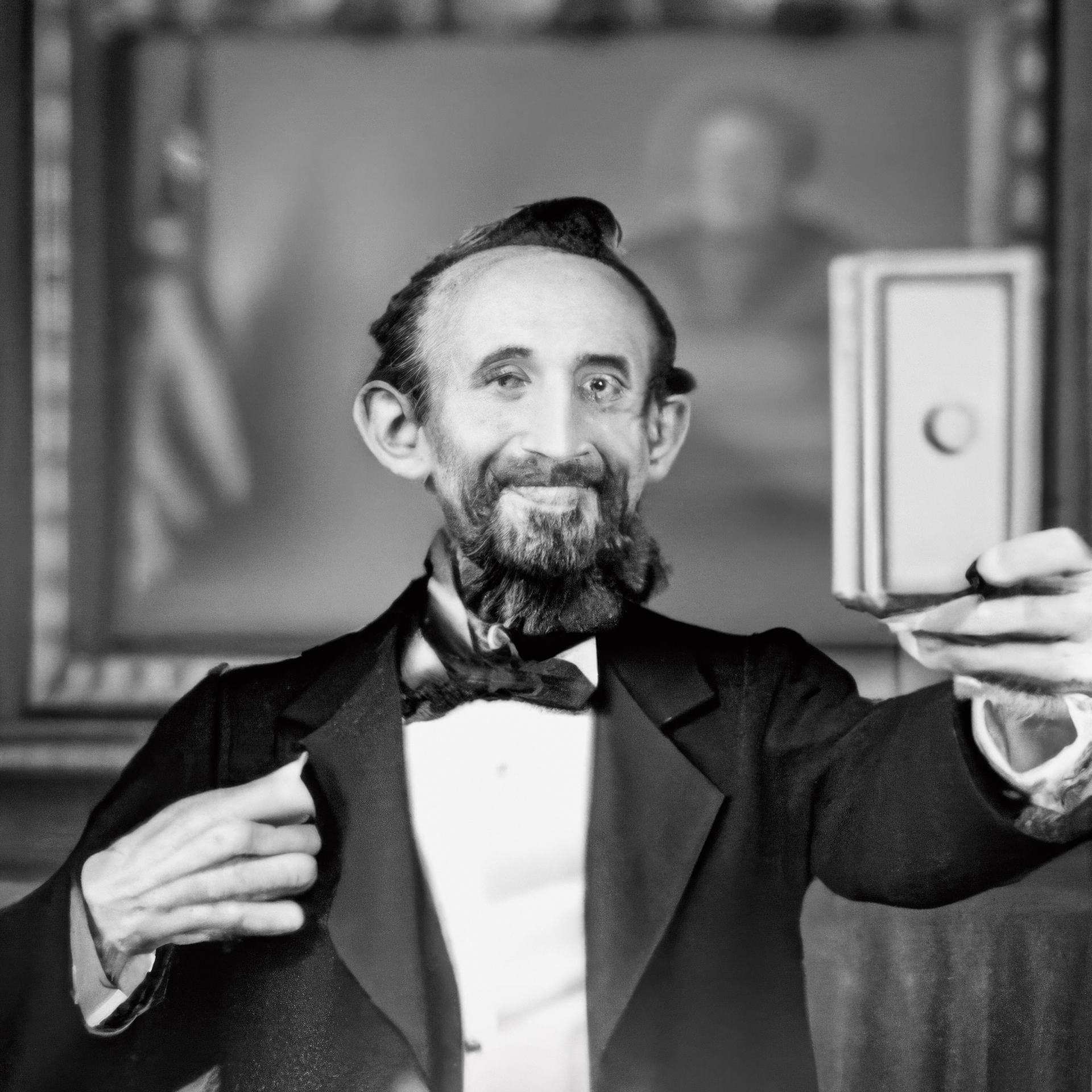
The book also looks at the relationship between old and new media, examining the introduction of photography and the effect that this particular shift had on then-traditional media like painting. After photography as a medium was invented it provided a quicker, cheaper, and more accessible option to creating images – sound familiar? However, from this sudden change, painters were liberated from traditional constraints leading to impressionism, cubism, minimalism, and abstract expressionism movements.
This represents a similar change and challenge for photographers today. Many photographers opted for new approaches to their work embracing AI and are utilizing it as a tool to create experimental and expansive works, however, Ritchin says, "more innovation is needed".
Get the Digital Camera World Newsletter
The best camera deals, reviews, product advice, and unmissable photography news, direct to your inbox!
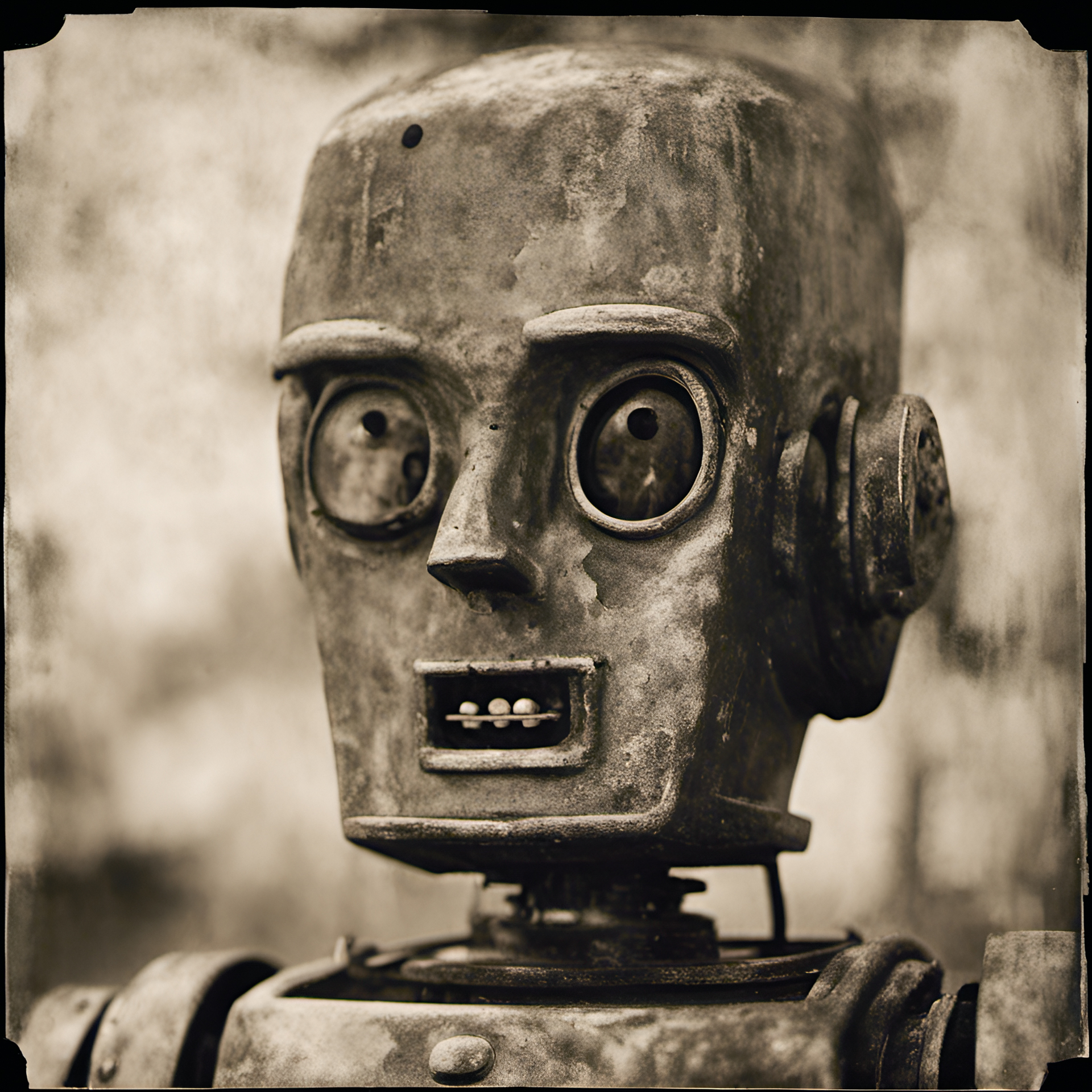
Thames & Hudson states, "The Synthetic Eye is about this transformative revolution. How can synthetic imagery be utilized to amplify our understanding of ourselves and our worlds? Can an alternative photography deepen and expand the medium’s previous reach? What are the pitfalls? How will our senses of the real, the possible, and the actual be affected?".
These are all questions that are eloquently pondered in The Synthetic Eye: Photography Transformed in the Age of AI by Fred Ritchin, published by Thames & Hudson it is available now in the UK and from March 25 in the US. It is a fascinating insight into the changes facing photography. Through deep research, historical and contemporary examples, and examples of AI imagery, Ritchin provides a roadmap to a new world of imagery.
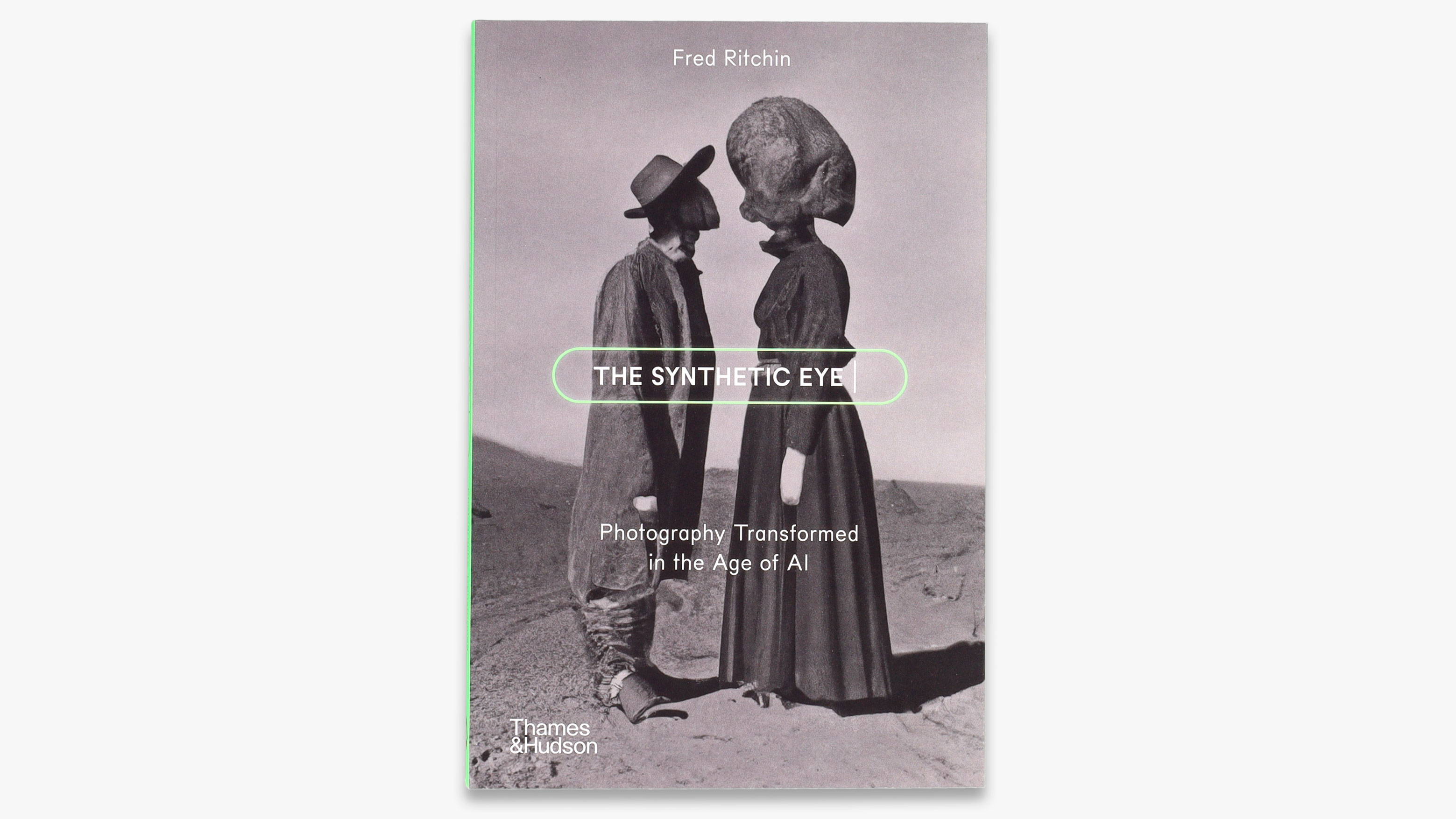
You might also like...
If you are interested in finding out more about AI check out a recent article featuring an AI-based project that reimagines D-day as well as our guide to the best AI image generators.
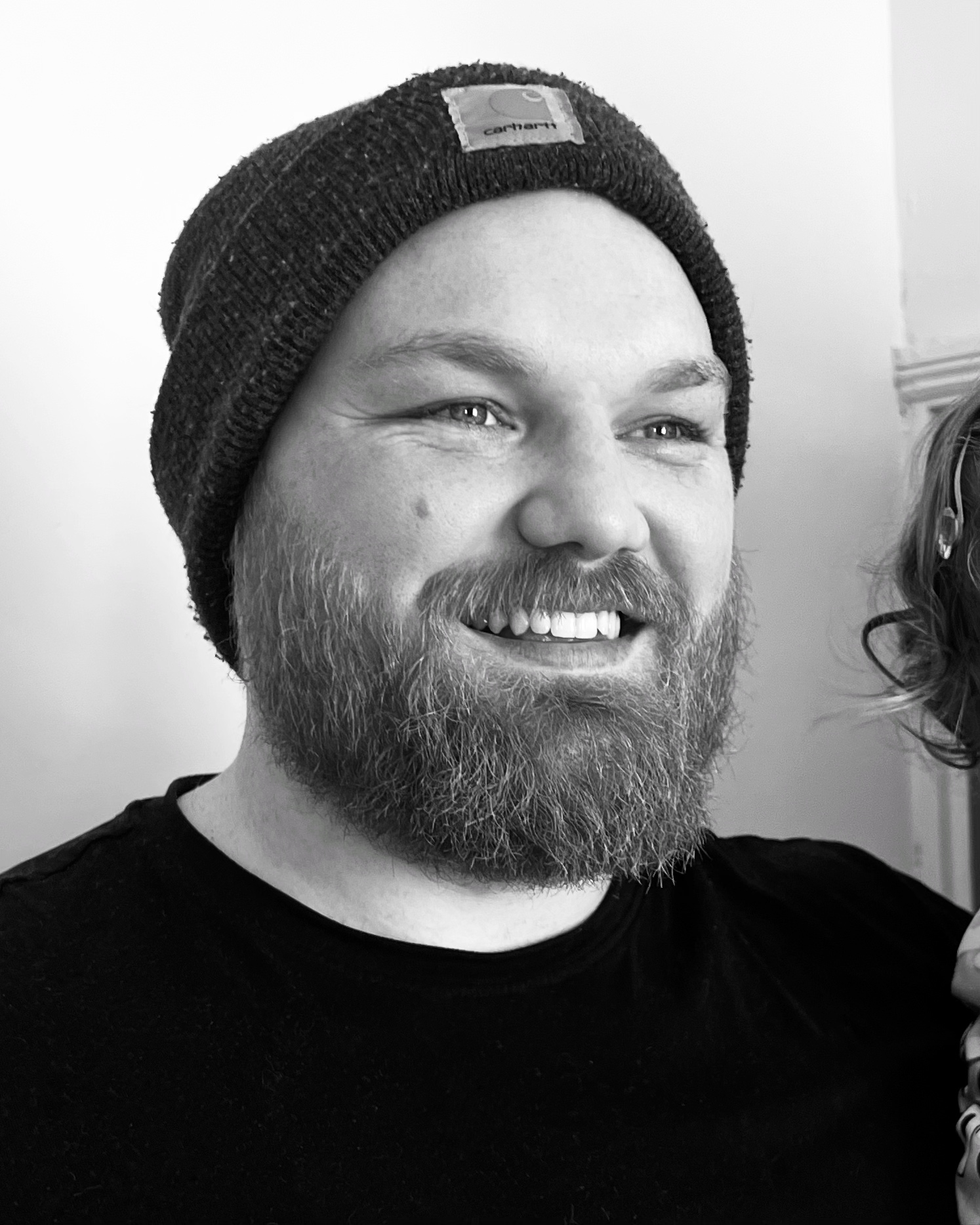
Kalum is a professional photographer with over a decade of experience, also working as a photo editor and photography writer. Specializing in photography and art books, Kalum has a keen interest in the stories behind the images and often interviews contemporary photographers to gain insights into their practices. With a deep passion for both contemporary and classic photography, Kalum brings this love of the medium to all aspects of his work.
You must confirm your public display name before commenting
Please logout and then login again, you will then be prompted to enter your display name.
